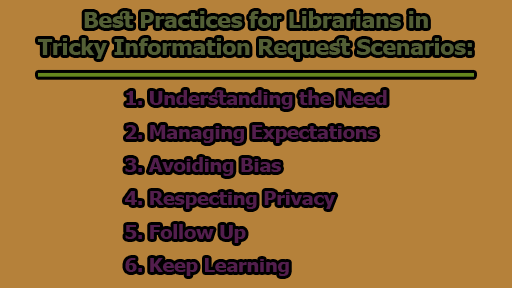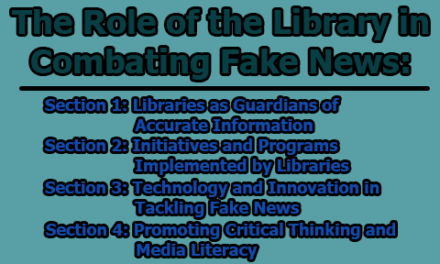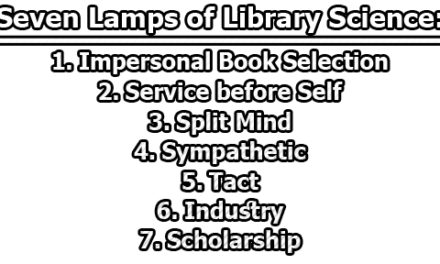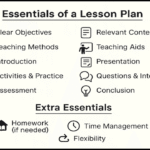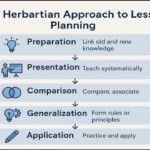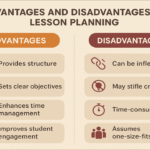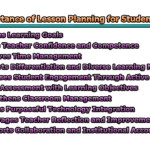Best Practices for Librarians in Tricky Information Request Scenarios:
As a library professional, you are no stranger to the diverse and often challenging information requests that come your way. These requests may range from complex research queries to sensitive or controversial topics, making it crucial to handle them with care and professionalism. In this article, we will explore some of the best practices for librarians in tricky information request scenarios.
1. Understanding the Need: The first and foremost step when faced with a tricky information request is to fully comprehend the patron’s information need. To achieve this, initiate a reference interview—a conversation aimed at defining the request’s scope, purpose, and context. Effective communication during the reference interview is essential, involving open-ended questions, active listening, and clarification of any ambiguities. You can rely on the Reference and User Services Association (RUSA) Guidelines for Behavioral Performance of Reference and Information Service Providers to hone your communication skills and strategies.
2. Managing Expectations: The second step in handling tricky information requests involves managing the patron’s expectations. It is essential to inform them about the available resources and services while also addressing the limitations and challenges they might encounter. These limitations may include factors like time constraints, cost, availability, or the quality of information. Be honest and transparent in your communication, and if you cannot fulfill their request, offer alternative solutions or referrals. Managing expectations in a realistic and respectful manner is key to ensuring patron satisfaction.
3. Avoiding Bias: Maintaining neutrality and avoiding bias is the third crucial step when handling tricky information requests. Regardless of the nature of the request, it is essential not to judge, criticize, or influence the patron’s information need, even if you personally disagree with it or find it offensive. Never impose your own values, opinions, or preferences on the patron or the information sources they seek. Ensure your actions align with the American Library Association’s (ALA) Code of Ethics and the Library Bill of Rights, which emphasize principles like intellectual freedom, diversity, and confidentiality.
4. Respecting Privacy: Respecting the patron’s privacy and safeguarding their personal information is the fourth step in managing tricky information requests. Avoid asking for or disclosing any unnecessary or irrelevant details about the patron, such as their name, address, phone number, or reasons for seeking information. Additionally, refrain from sharing or recording any information about the patron or their request with anyone else, unless required by law or with the patron’s explicit consent. Comply with ALA Privacy Guidelines for Library Websites and the ALA Policy on Confidentiality of Library Records to maintain the highest standards of privacy.
5. Follow-Up: The fifth step in handling tricky information requests is to follow up with the patron. After providing information, inquire about their satisfaction, ask if they require further assistance, and welcome any feedback. Self-assessment is equally important; evaluate your performance and identify areas for improvement or learning. If any issues or incidents occurred during the information request, such as complaints, conflicts, or violations, make sure to document and report them appropriately.
6. Keep Learning: The final step in this process is an ongoing commitment to professional development. Seek opportunities to enhance your skills and knowledge, such as training, workshops, webinars, or courses. Connect with other library professionals, including colleagues, mentors, or professional associations, to exchange ideas and experiences. Stay informed and remain aware of the latest trends, issues, and best practices in library services and information literacy.
In conclusion, handling tricky information requests is an integral part of a library professional’s role. By following the six steps outlined in this article, you can ensure that you provide the best service to your patrons while maintaining the highest standards of respect, neutrality, and privacy. In doing so, you contribute to the core principles of libraries as spaces for knowledge access, information freedom, and intellectual growth.

Assistant Teacher at Zinzira Pir Mohammad Pilot School and College

